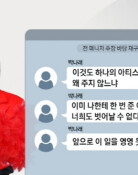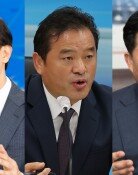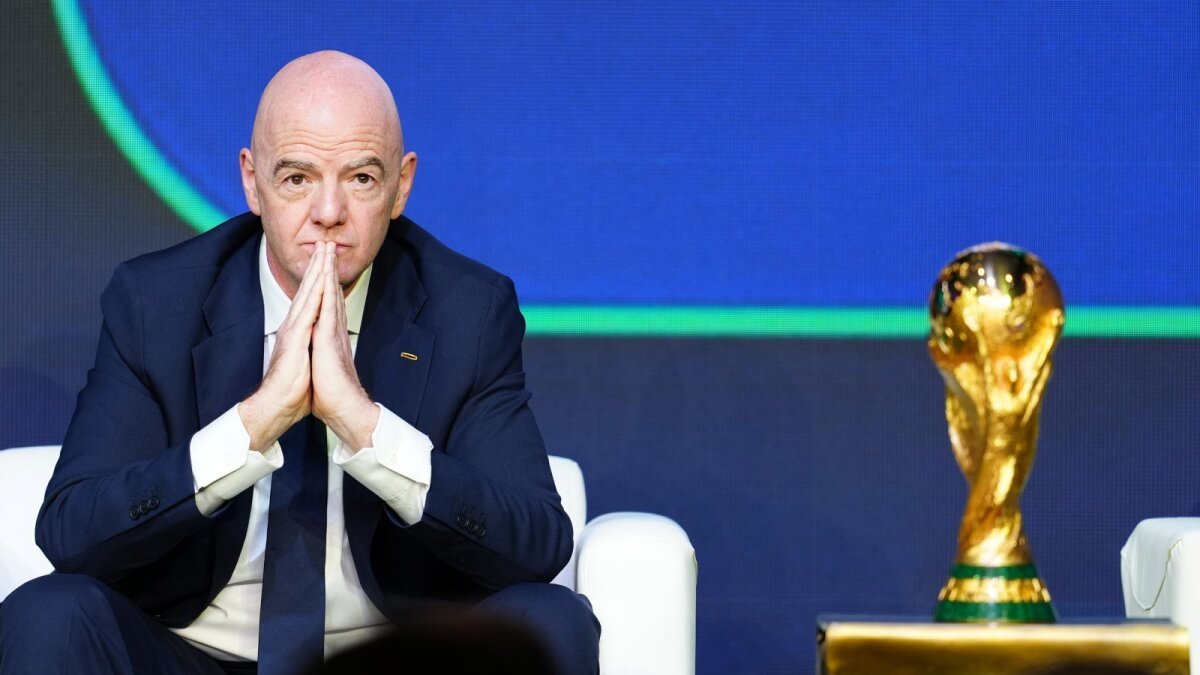People Power Party risks future by relying on outsiders
People Power Party risks future by relying on outsiders
Posted May. 16, 2025 08:06,
Updated May. 16, 2025 08:06
“We’re not some kind of platform party.”
That was the reaction of a People Power Party (PPP) member in early April when talk emerged of nominating former Prime Minister Han Duck-soo as the party’s next presidential candidate. “Does Han even have a political identity or any sense of party loyalty?” the lawmaker said. “The party just keeps recruiting legal professionals and bureaucrats and propping them up.”
As it turned out, the plan to nominate Han ended in disaster. Having entered politics only nine days earlier, Han attempted to leapfrog into candidacy for the highest office in Korea as the standard-bearer of a major conservative party. On May 2, he declared his candidacy but undercut it just days later by stating he would not register unless the opposition unified behind him by the May 11 deadline—essentially positioning himself as a provisional candidate with conditions.
This gave rival candidate Kim Moon-soo an excuse to backtrack on his earlier agreement to unify before the registration deadline. “It's unprecedented for someone who isn’t even a party member and refuses to register to say, ‘You promised to unify—why aren't you doing it?’” Kim scoffed.
While Han certainly shares the blame, the bigger problem lies with the PPP's recurring habit of turning to outsiders to carry the party banner. In the last presidential election, the party recruited Yoon Suk Yeol, a former prosecutor who had just resigned as Prosecutor General, and pushed him to the forefront. During the campaign, however, his qualifications were called into question and a shamanism scandal erupted. The controversy exposed the party’s failure to properly vet its candidate. Still, lacking alternatives, the PPP had little choice at the time.
Yoon’s inexperience in politics soon became a liability. His aloof, unilateral approach alienated lawmakers, many of whom privately expressed frustration over his disregard for the legislature and established political figures. But the party was unable to rein him in—Yoon himself showed little sense of responsibility to the party. In an attempt to bridge the gap, the PPP appointed Justice Minister Han Dong-hoon, another political novice, as head of the party’s emergency committee. That experiment backfired, deepening the rift between the party and the administration and ultimately spiraling into a full-blown crisis, including a declaration of martial law.
Nevertheless, the PPP once again gambled its fate on another outsider. The logic seemed to be: win first, worry later. In defending Han Duck-soo, the party offered a flimsy rationale—he may lack political experience, but his 50 years of public service made him different from previous outsiders. The party ignored critics who asked, “Last time we brought in a mercenary and look what happened. Are we really going to do that again?”
This chronic dependence on external candidates risks stunting the development of internal ones. It creates a cycle where in-party talent withers and ambition fades. It sends the wrong message: that years of loyalty and party service amount to little. Na Kyung-won, a five-term lawmaker and former presidential hopeful, lamented, “Our party always ends up with mercenaries.” Reform-minded first-term lawmaker Kim Jae-seop quipped, “Are we really a party incapable of producing our own presidential candidate?”
The PPP must urgently commit to nurturing internal leadership. That means moving beyond rhetoric and taking serious steps to cultivate younger politicians. It also must overhaul its weak lawmaker evaluation system, which lags behind that of the Democratic Party. And the party should work to ensure its lawmakers gain administrative experience by placing them in government posts. It's worth remembering that under Yoon, only one sitting lawmaker—Kwon Young-se, a former prosecutor and Yoon’s college department senior—was appointed as a minister.





![10번 북송된 그녀, 73만 유튜버 되다…탈북 유튜브 ‘유미카’ 뒷이야기[주성하의 북에서 온 이웃]](https://dimg.donga.com/c/138/175/90/1/wps/NEWS/IMAGE/2025/12/12/132938957.1.jpg)

